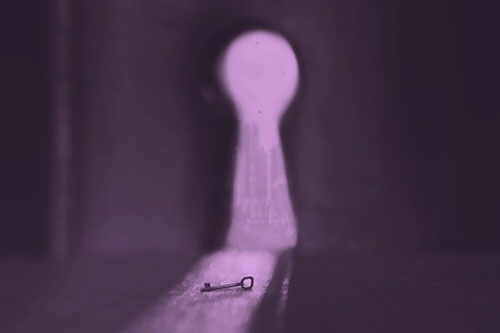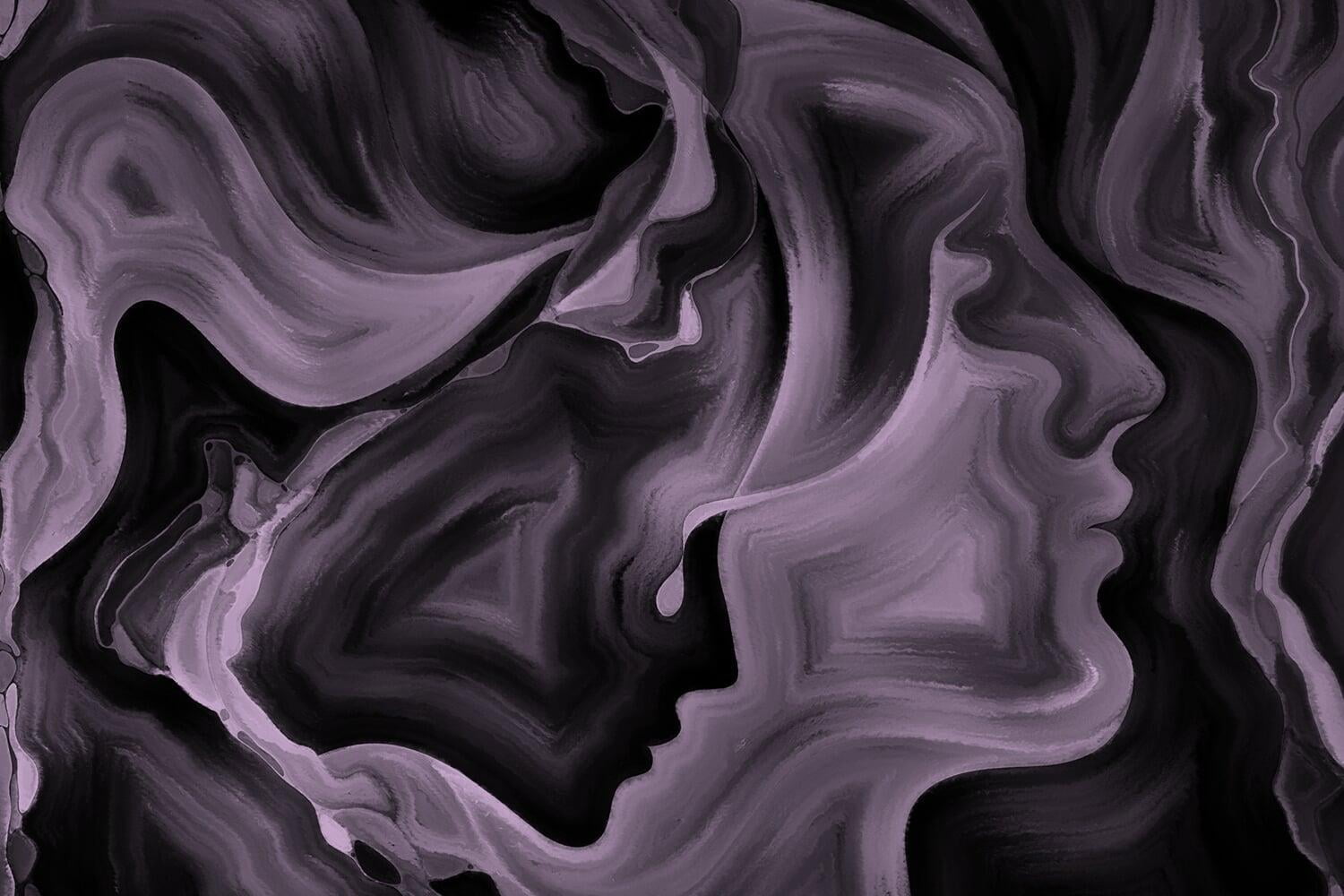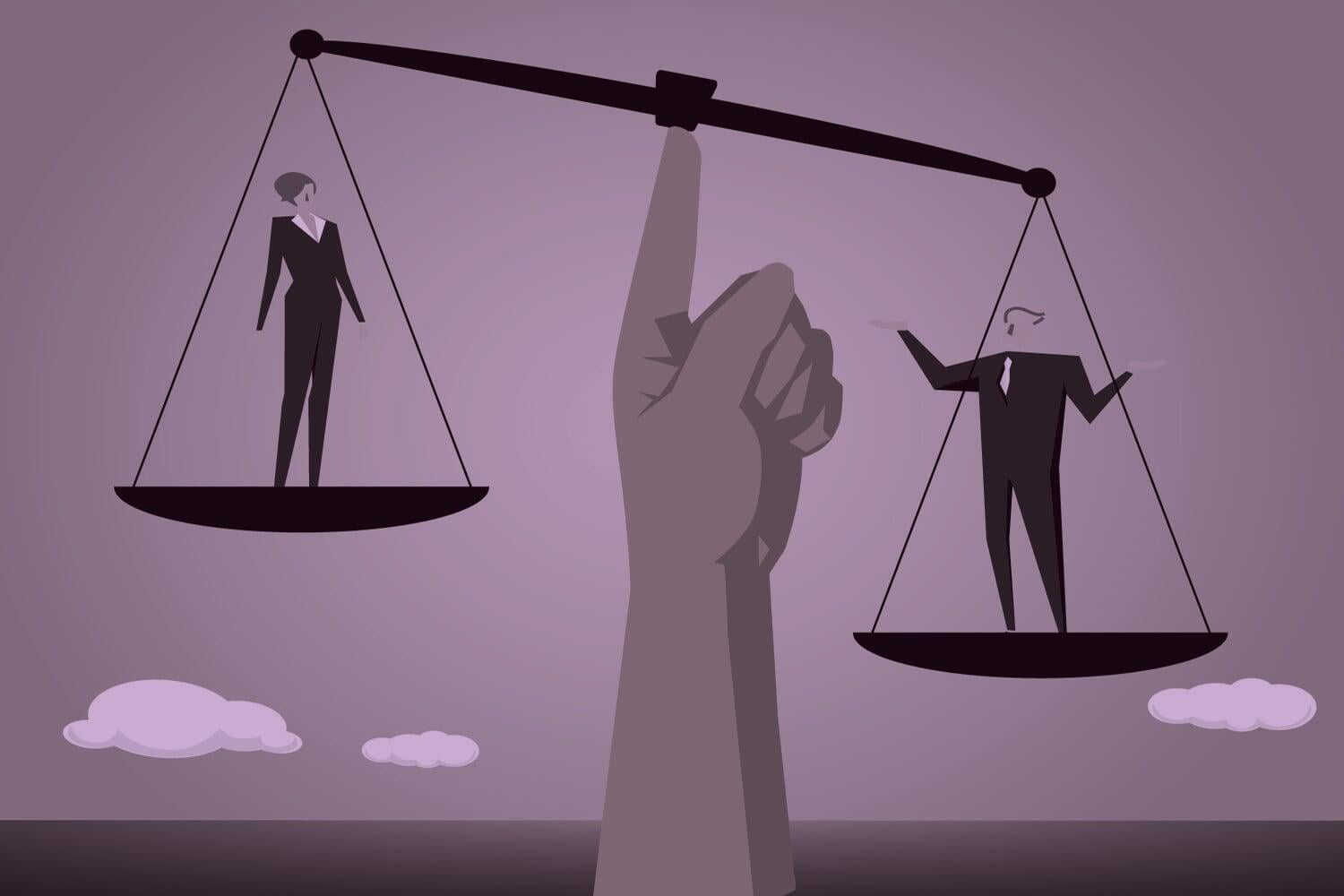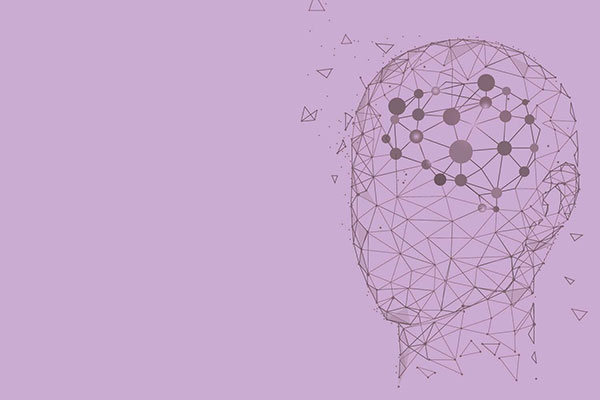
The Pathway to Excellence | Learn
Spiritual Practice
We need to locate our core beliefs and moral code within a set of spiritual practices – how we place what we value, believe and do within the context of something much greater than ourselves, be that a sense of the divine, the way the world and the universe works and ought to work, or both, so long as this transcends our own selves and asks us to contemplate a life spent in service of a higher purpose.
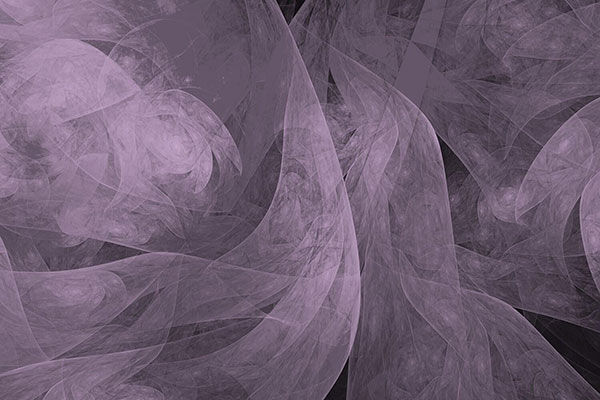
It's a very human thing to wonder if we are alone in the universe. Looking at Earth and its remarkable complexity as a planetary system operating within an even more complex solar system and then even further beyond that, it’s quite normal for us to wonder about our significance in this vast and seemingly limitless array of connections and rules that hold all of this together. After all, we’re not the first to stare at the stars and wonder where it all came from, what it all means and how it all operates. It’s also natural for us to contemplate the existence in this universe of other beings, perhaps some of whom have a greater grasp of how the laws of nature operate and how to wield the power to create lifeforms. Perhaps they might even bestow purpose and imbue validity to our lives in harmony with these laws. Or maybe, even if there are no other beings or being, there might be a way for us to discern how we might connect our own lives in accordance with the network of connections between people and place ourselves, and apply the rules of logic and reason to this interconnectedness.
For thousands of years, people have assembled their ideas about our place in the world and beyond into sets of beliefs. What characterises all of these sets is that, although they relate to things that we know (or at least think we know), they operate on the basis of belief about things that we don’t know. How we move from what we know and understand to what we don’t know and can barely even comprehend about how the universe works and where our existence can be placed within these workings can be described as our spiritual beliefs. We ask big questions in connection with them. What is real? What is life? What is death? How should we live our lives in between those two points? What, if anything, comes after life? Some of us believe in one god, others believe in many, others believe in none at all. Those who believe in the divine ask questions about the relationship of the divine to our daily life here on Earth. From the traditional writings or scriptures from former times come received wisdoms about how best to understand this relationship and its implications for us. Religious practices emerge from these beliefs that are both personal and social in nature. They guide us on how to live our lives and how to live in community. Philosophers, scholars and teachers who are learned in these writings can help us to interpret and apply these rules. Sometimes, such writings emerge from thinkers who connect not to the divine but to principles elucidated from nature or history as to how human beings can best live together and on our planet.
"Our spirituality is a oneness and an interconnectedness with all that lives and breathes, even with all that does not live or breathe."
Mudrooroo
It is not our role here to advise you as to who might have the right answer. One enduring idea we can identify for you from many of these sets of spiritual beliefs is that we should treat others in the way that we would prefer to be treated ourselves. This idea is so fundamental, that it has come to be called the “golden rule”. It is the foundation for the notion of a love that goes beyond yourself to a love for those around, a love so powerful that you might place their interests before your own. The Pathway To Excellence is, in many ways, about the story of the discovery of this golden rule in the lives of each of us and its application in instinctively and selflessly extending our love and service to those we encounter along the way.
We all need a philosophy to guide us as to the “why”, the “how” and the “what” of our world. This philosophy links our purpose to our people, our place, and our practice. It takes us beyond ourselves to a greater appreciation of the whole. We can’t know it all, and we will have to develop some idea, therefore, about what we believe. We might well spend a lifetime asking questions and exploring ideas alone and with our friends and colleagues. We might change our minds or settle on a particular set of beliefs along the way. We will need to acknowledge that no single human, by themselves, has the capacity to generate the only true answer to each of the questions. What we do know is that those who do take the time to explore their spirituality in depth, to develop a personal philosophy in keeping with their sense of spirituality, and to support others doing the same are more likely to commit themselves to the service of others. This will, therefore, be time well spent.
We can contemplate our Spiritual Practice by considering the following questions:
- Do I appreciate the value of cultivating a personal spiritual perspective for my well-being and overall quality of life?
- Am I very curious and interested in learning about different spiritual perspectives, traditions and practices?
- Do I have a sense of gratitude and optimism that helps me put things in perspective and to appreciate the world around me?
- If someone asked me, would I be able to tell the story of my personal spiritual journey and the spiritual routines and practices that help me?
- Do my friends and I enjoy discussing and debating our different spiritual perspectives, interests and practices?
